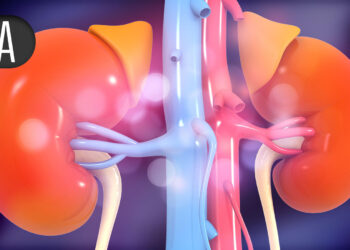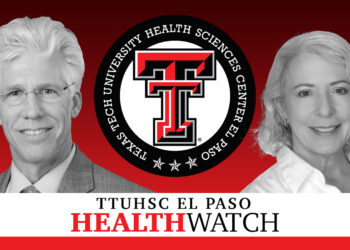TOPLINE:
Analysis of 1,289,366 adults with cancer revealed that states with no additional short-term, limited-duration (STLD) insurance regulations saw a 0.76 percentage point increase in late-stage diagnoses compared with states prohibiting STLD plans. Similar increases were observed in states with some STLD regulations, showing a 0.84 percentage point rise.
METHODOLOGY:
- STLD plans feature high patient cost-sharing with high deductibles and no or high annual out-of-pocket maximums. Even when cancer screening is covered, such plans may impose cost-sharing for cancer-associated symptoms workup that would have no out-of-pocket costs under Affordable Care Act–compliant plans.
- A cross-sectional analysis included adults aged 18-64 years newly diagnosed with cancer between January 2016 and February 2020 in 47 states and the District of Columbia from the National Cancer Database (NCDB).
- Participants were grouped by state-level STLD plan policies: States continuously prohibiting STLD plans before and after 2018, states stopping STLD plans after 2018, states allowing STLD plans with additional restrictions, and states with no additional STLD regulation.
- Analysis employed difference-in-differences methodology to evaluate changes in late-stage diagnoses pre-2018 and post-2018, adjusting for sociodemographic factors, diagnosis year, and state random effect.
- Researchers conducted the study from May 2023 to January 2025, following the Strengthening the Reporting of Observational Studies in Epidemiology reporting guideline.
TAKEAWAY:
- Among 1,289,366 adults newly diagnosed with cancer (mean age, 53 ± 9.2 years; 41.6% women), 604,882 (46.9%) were from states with no additional STLD regulations.
- States with no additional STLD regulations showed a net increase of 0.76 percentage points (95% CI, 0.22-1.29; P = .01) in late-stage diagnoses compared with states continuously prohibiting STLD plans.
- States with some STLD regulations demonstrated a net increase of 0.84 percentage points (95% CI, 0.26-1.42; P = .005) in late-stage diagnoses vs states continuously prohibiting STLD plans.
- Demographic variations were observed among state groups, with continuously prohibited STLD plan states having the highest percentage of Hispanic and non-Hispanic Asian and Pacific Islander patients.
IN PRACTICE:
“This large national quasi-experimental cross-sectional study found that the 2018 federal policy loosening restrictions on STLD plans was associated with an increase in late-stage cancer diagnoses in states without or with inadequate additional STLD plan regulatory protections. Findings were consistent among cancer types with recommended screening tests (ie, female breast and colorectal cancers) and extended prior research conducted in a limited number of states, underscoring the importance of state policies and federal efforts to limit STLD plans,” wrote the authors of the study.
SOURCE:
The study was led by Nuo Nova Yang, MSPH, Surveillance and Health Equity Science, American Cancer Society in Atlanta. It was published online on March 18 in JAMA Network Open.
LIMITATIONS:
While the NCDB includes 72% of newly diagnosed cancer cases, it is hospital-based rather than population-based. Information about private insurance plan type among newly diagnosed patients was unavailable, preventing direct identification of STLD plan enrollees. The coverage of melanoma (52%) in NCDB is relatively low compared with other cancer sites (> 70%), warranting cautious interpretation of melanoma-related findings. Despite using a rigorous quasi-experimental design, the study reports associations rather than causality. The researchers note that differential policy climate and implementation of other cancer screening and early detection programs may affect state-level differences in late-stage cancer diagnoses, but limited data about screening program receipt prevented accurate state-level model adjustment.
DISCLOSURES:
Fumiko Chino, MD, reported being funded in part through the National Institutes of Health/National Cancer Institute Support Grant P30 CAO008748. K. Robin Yabroff, PhD, disclosed serving on a National Comprehensive Cancer Network workgroup, with all honoraria donated to employer, the American Cancer Society. No other disclosures were reported.
This article was created using several editorial tools, including AI, as part of the process. Human editors reviewed this content before publication.
Source link : https://www.medscape.com/viewarticle/late-stage-cancer-diagnoses-increase-higher-states-reduced-2025a10006gg?src=rss
Author :
Publish date : 2025-03-18 15:00:00
Copyright for syndicated content belongs to the linked Source.














